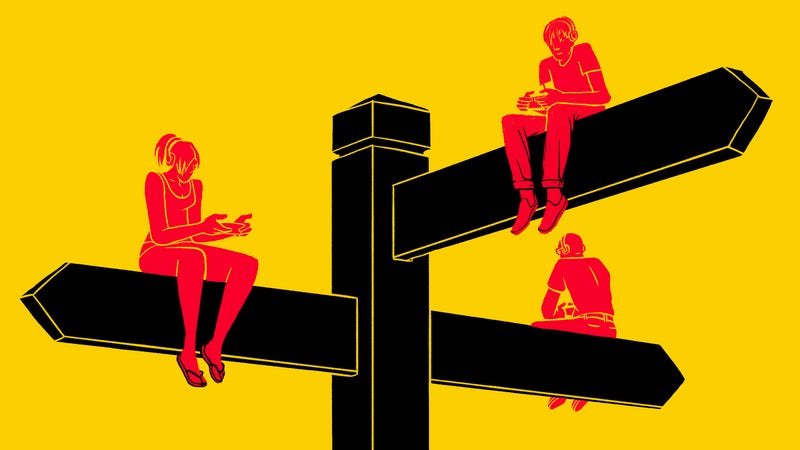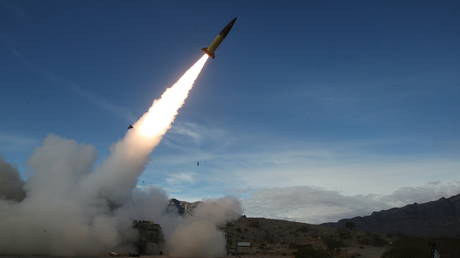Video Games That Made People Question Their Beliefs

Gita Jackson
Kotaku
When Scott Udall first played Fire Emblem: Path of Radiance shortly after it came out in 2005, he was in a vulnerable spot. Udall, who grew up Mormon in Salt Lake City, Utah, was very religious, and his family were all politically active Republicans. His parents had gone through a messy divorce, and he’d lost contact with his father’s side of the family. He found solace in Path of Radiance’s world, and when the sequel, Radiant Dawn, came out two years later, he was excited to revisit the characters. He didn’t realize when he started playing that Radiant Dawn would become a catalyst that shook him from his previously held convictions.
Path of Radiance is pretty standard Japanese role-playing game fare. The world in which it takes place is on the brink of war, with the larger nation of Daein occupying the smaller nation of Crimea. With your party, you drive the Daein occupiers away from Crimea. Radiant Dawn, a direct sequel, takes place largely in Daein, where the tables have turned: Now Daien is the country being occupied. Path of Radiance is told from the point of view of the Daein rebels, who form a guerilla group to protest the way they’re being oppressed by their occupiers.
By 2007, the Iraq War was in full swing. Udall told Kotaku over the phone that as a kid, he hadn’t really considered the humanity of the Iraqi people. He was just barely out of childhood when the war started, and his entire family and community supported it. But Radiant Dawn forced him to think about what it would be like to live in an occupied country. It changed something for him.
“Ex-Mormons talk about your shelf. You put stuff on your shelf that makes you question the church, and then you can keep it up there,” Udall said. “For some people, eventually the shelf just breaks.”



